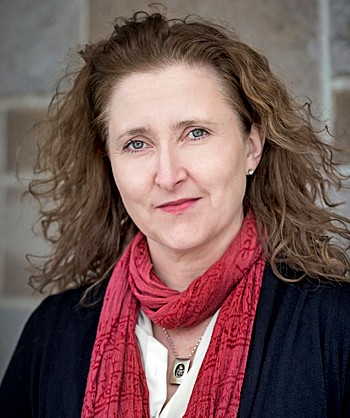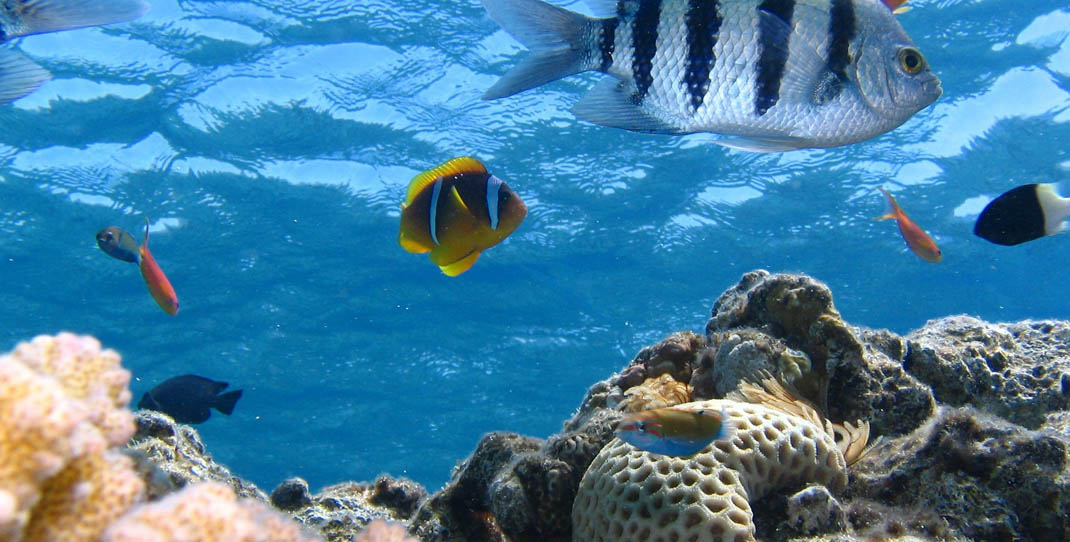Boston College is one of 10 institutions of higher education and marine biology labs sharing an initial, five-year, $25-million Science and Technology Center grant from the National Science Foundation designed to promote a deeper understanding and appreciation of the chemicals and chemical processes that underpin ocean ecosystems.
The consortium of university and marine biology lab partners will comprise the Center for Chemical Currencies of a Microbial Planet, or C-CoMP, one of six new Science and Technology Centers simultaneously announced by the NSF.
The center’s aim is to foster education, outreach, and knowledge transfer activities that engage students of all ages, expand participation in the next generation of ocean scientists, and extend novel open-science approaches into complementary academic and industrial communities.
Research conducted under the auspices of C-CoMP links scientists in the fields of chemistry, biochemistry, oceanography, and education. The interdisciplinary investigations will leverage recent advances in analytical and data sciences, incorporate new ocean sampling technologies and an open-science framework, and engage educators and policymakers to promote a deeper understanding and appreciation of the chemicals and chemical processes that support ocean environments and other microbiomes that affect daily life.
Led by a team from the Woods Hole Oceanographic Institute and the University of Georgia’s Department of Marine Sciences, Boston College researchers will collaborate with scholars at Boston University, Columbia University, University of Florida, MIT, Ohio State University, Stanford University, University of Texas Rio Grande Valley, and the University of Virginia, as well as the Bermuda Institute of Ocean Sciences, and the Woods Hole-based Marine Biological Lab.

Laura O'Dwyer
According to Laura M. O'Dwyer, professor in the Measurement, Evaluation, Statistics, and Assessment department of the Lynch School of Education and Human Development, C-CoMP will develop initiatives to increase ocean knowledge in K-12 and the broader public; expand ocean sciences undergraduate curricula and research opportunities that provide multiple entry points into research experiences; increase post-baccalaureate programs to transition undergraduates into graduate education and careers in STEM and ocean science, and expand interdisciplinary graduate student and postdoctoral programs that prepare the next generation of ocean scientists.
“A major emphasis of C-CoMP is the expansion of ocean literacy among students of all ages, and a broadening of workforce diversity in ocean science,” she said. “BC will examine the impact of various ocean and data science literacy educational interventions on outcomes for K-12 teachers and students, and conduct research on the impacts of training and outreach activities that export successful STEM initiatives to the educationcommunity.
“With expanded participation in ocean science research and ocean literacy throughout the society, the next generation of ocean scientists will ideally better reflect the diverse U.S. population.”
The anticipated start date is October 1.
Phil Gloudemans | University Communications | September 2021




